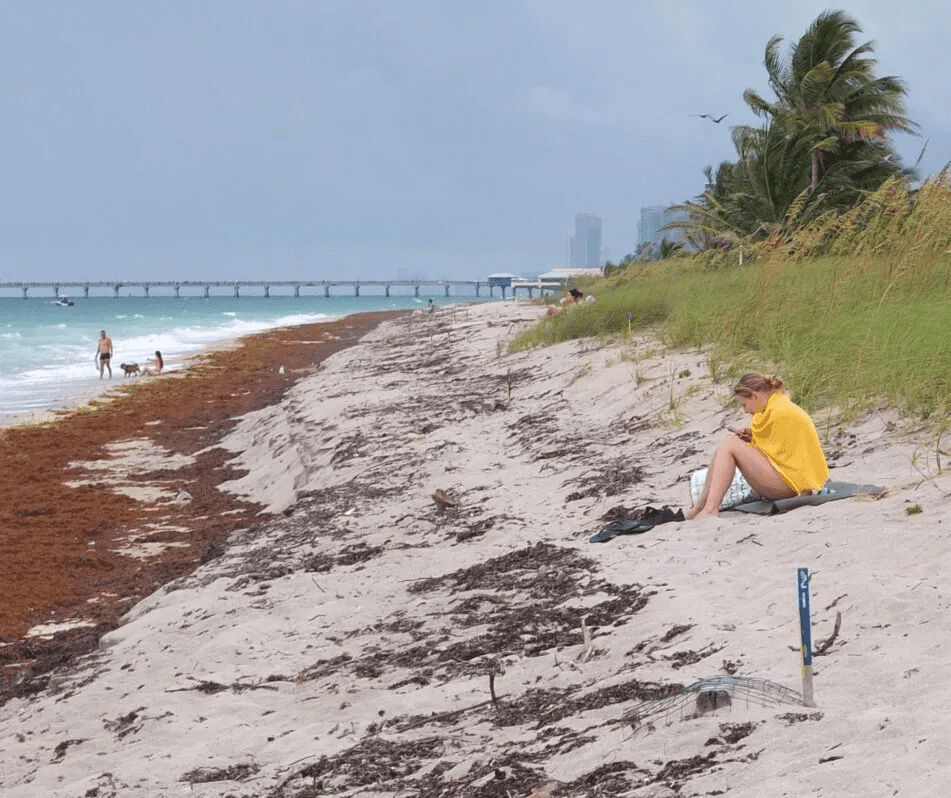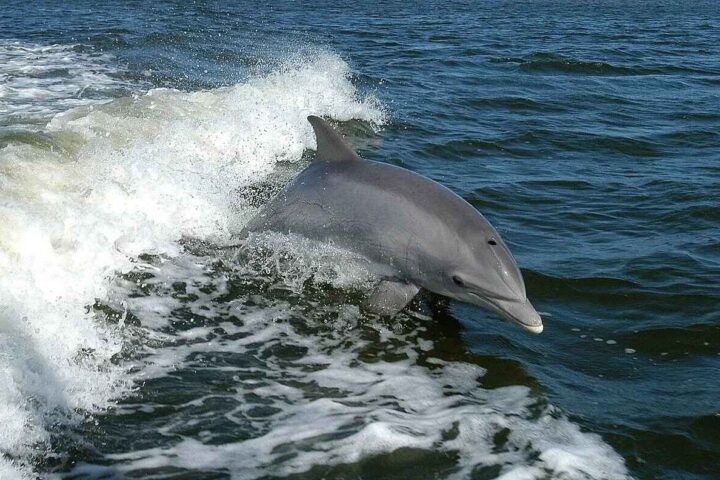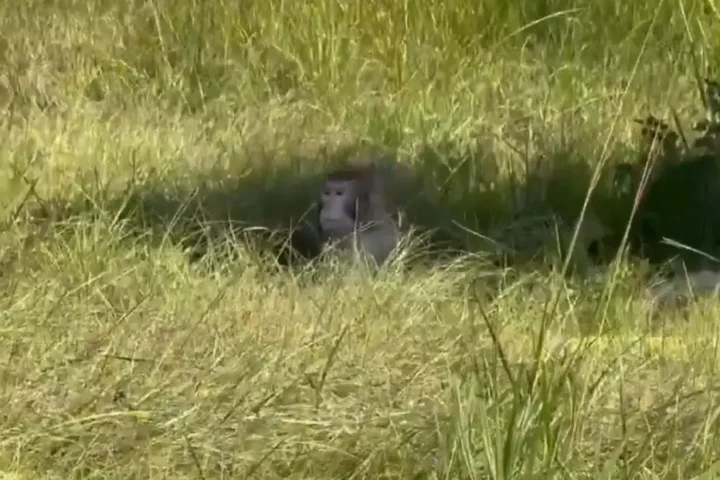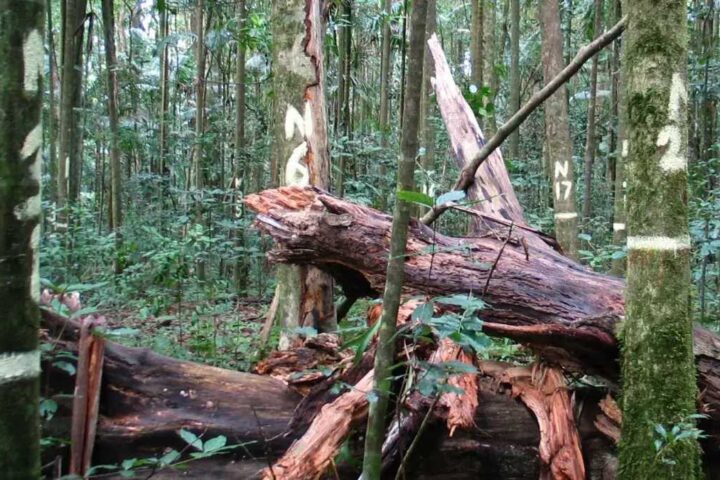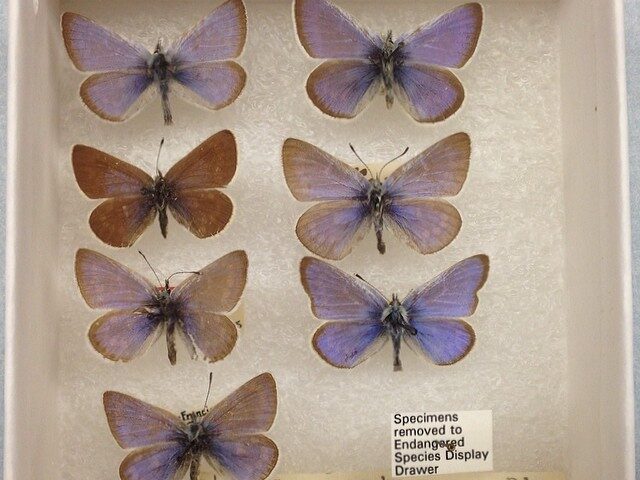A massive seaweed bloom spread across 5,000-mile, the ‘Great Atlantic Sargassum Belt,’ is one of the largest on record and is posing a threat to wildlife, infrastructure, and the tourism industry. The stench of rotting beached sargassum is a problem for tourism in both Mexico and Florida. The seaweed stretching about twice the width of the US could create havoc on beaches as ocean currents float it towards land.
The Sargassum Belt’s issues have concerned scientists for the past decade, but experts believe this year’s bloom is particularly alarming. Beaches in Key West, Florida, and Cancun, Playa del Carmen, and Tulum, Mexico, are already being wrecked by the algae, according to experts.
The size of the seaweed mass and spread is growing each year, with 2018 and 2022 having record-breaking increases. The bad effects of the mass of algae are manifold: it can destroy coastal ecosystems, suffocate coral, harm wildlife, threaten infrastructure, and reduce air and water quality.
Deforestation and fertilizer use are most probably responsible for the alarming rate at which the seaweed mass is growing. The effects of the seaweed bloom are all worsened by climate change. Tourism establishments in Mexico and Florida are having a hard time dealing with the stench of rotting seaweed, and some tourists have begun canceling their trips.
The seaweed bloom can be advantageous in small amounts, as it provides habitat for fish and absorbs certain carbon dioxide. However, this unprecedented bloom is causing environmental and economic havoc for coastal communities along the Atlantic. Especially now when the spring breakers will be heading for the ideal beach getaways with sun and sand
Researchers and governments are working on precautions and solutions to address the seaweed bloom, including its use as a resource for energy and composting. The seaweed bloom is a signal for all, reminding us of the complex and interconnected challenges that coastal communities face due to climate change and human activities.
- How Can Shopping for Books Online Open Up a World of Possibilities?
- Achieving Cleaner, More Efficient Engines: Sustainable Diesel Performance with Parleys
- Rivian R2 electric SUV completes final validation: $45K, 300+ miles, 656 hp dual-motor AWD
- How Intelligent Software Platforms Drive Efficiency and Risk Mitigation in Last Mile Deliveries
- Avoiding The Debt Spiral
